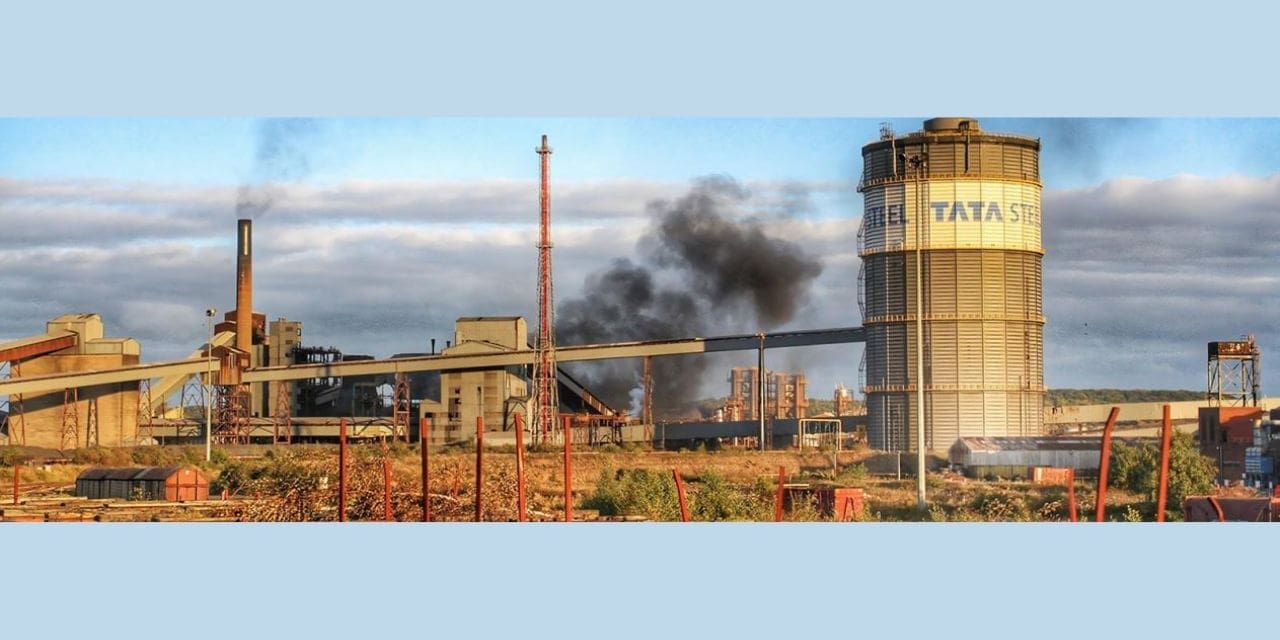A young businessman arrived at Narendra Modi’s office carrying a sizable investment proposal. Gujarat was still reeling from the devastating effects of the earthquake that struck the state on January 26, 2001. The entrepreneur desired to grow his Vapi textile firm. But Modi advised him to think about investing in Kutch and taking advantage of the tax breaks provided to encourage industry in the severely damaged region.
The merchant warned Modi in a low voice that textile production required enormous amounts of water and even expressed concern over the ongoing aftershocks. Modi promised him that Kutch would get not just water but also other essential infrastructure! Others soon followed, and Kutch wrote an industrialization tale that brought in billions of dollars” worth of investment, produced lakhs of jobs, and made unprecedented contributions to the government coffers, almost completely erasing the sad memories of the catastrophe.
However, the same industries that brought riches to the formerly backward district are now battling to withstand a barrage of issues brought on by Cyclone Biparjoy, which made landfall in Kutch on June 15 night. Despite the fact that all major cities developed infrastructure that could resist strong earthquakes after 2001, businesses have been forced to halt due to huge damage to the electricity and communication systems caused by winds that reached 140 kph. In Kutch alone, at least 80,000 electrical poles collapsed, according to official data.
Estimates place the loss to physical infrastructure at roughly Rs 2,500 crore, while the production losses have grown to Rs 1.25 lakh crore, taking into account a loss of Rs 15,000 crore every day. The collapsed communication towers have produced an internet blackout, which has forced financial transactions to be done digitally while energy is progressively being restored, according to a logistics industry promoter in Mundra.
“Uploading a PDF file took around an hour. No bills of entry were being produced, he claimed. 1,700 transformers were damaged and many of them are currently inoperable in the highly industrialised Gandhi dham – Adipur cluster alone. According to Chintan Thaker, president of Assocham’s Gujarat branch, the industry players investing billions in green hydrogen and renewable energy will find the future catastrophe mitigation techniques to be of utmost importance. Due to strong gusts, many solar panels were spotted scattered over the highways.

